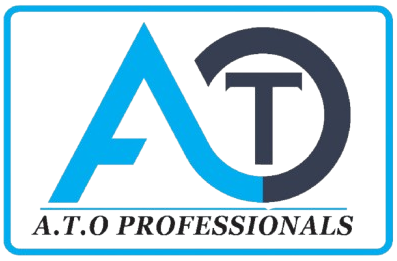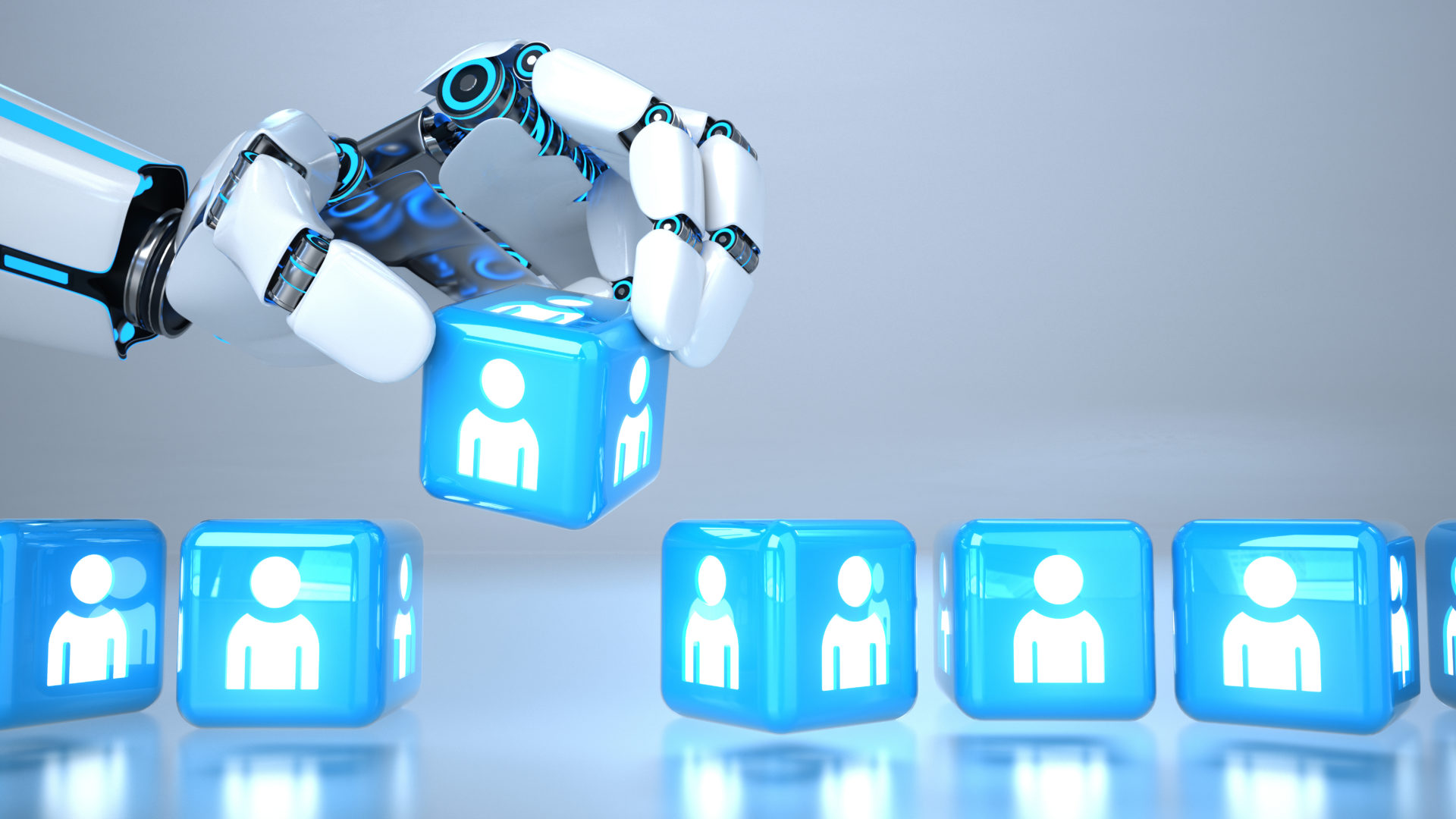In recent years, artificial intelligence (AI) has revolutionized industries from healthcare to finance, and recruitment is no exception. Many companies are now turning to AI-driven tools to streamline the hiring process, increase efficiency, and reduce bias. But with this increasing reliance on technology, a question remains: can you trust AI to handle recruitment effectively and fairly? In this blog post, we’ll explore the role of AI in recruitment, its benefits, limitations, and how businesses can best utilize this powerful tool while maintaining human oversight.
The Role of AI in Recruitment
AI’s role in recruitment spans various stages of the hiring process, from sourcing candidates to screening resumes, scheduling interviews, and even conducting initial assessments. These AI-powered tools are designed to automate repetitive tasks, allowing human recruiters to focus on more strategic functions, like engaging with top candidates or building relationships with key hires.
Key applications of AI in recruitment include:
- Resume Screening: AI can sift through thousands of resumes in seconds, identifying qualified candidates based on predefined criteria like skills, experience, and education.
- Candidate Sourcing: AI-driven sourcing tools scour job boards, LinkedIn, and other platforms to find potential candidates who match the desired job profile.
- Chatbots for Pre-screening: AI-powered chatbots can engage with candidates, asking pre-screening questions to gauge their suitability for the role, thereby filtering out unqualified applicants early on.
- Interview Scheduling: Automated tools can help schedule interviews, eliminating back-and-forth emails between candidates and recruiters.
- Predictive Analytics: AI can analyze past hiring data to predict which candidates are most likely to succeed in a role, helping recruiters make more informed decisions.
While AI can perform these tasks efficiently and at scale, the question remains: can it do so accurately, fairly, and ethically?
The Benefits of AI in Recruitment
The use of AI in recruitment offers several advantages that can significantly enhance the hiring process.
1. Speed and Efficiency
One of the most obvious benefits of AI is its ability to process large volumes of data quickly. For example, AI-powered screening tools can review thousands of resumes in minutes, narrowing down the pool of applicants to the most qualified candidates. This speeds up the hiring process and allows companies to move faster in a competitive talent market.
2. Reduction of Human Bias
Human recruiters, despite their best efforts, can be influenced by unconscious biases that affect their judgment. AI, on the other hand, evaluates candidates purely based on data, reducing the likelihood of bias related to race, gender, or age. If properly trained, AI systems can help promote a more diverse and inclusive hiring process.
3. Consistency in Decision-Making
AI tools are consistent in applying the same criteria to every candidate, ensuring uniformity in the screening process. This helps eliminate subjective decision-making and ensures that every candidate is evaluated against the same standards.
4. Cost Savings
By automating repetitive tasks, AI reduces the need for extensive manual labor in the hiring process. This can lead to significant cost savings, especially for companies that have high-volume hiring needs. Fewer hours spent on manual tasks mean recruiters can focus on high-value activities, like candidate engagement and employer branding.
The Limitations and Risks of AI in Recruitment
While AI offers many benefits, there are limitations and potential risks that businesses need to be aware of when trusting AI to handle recruitment.
1. Bias in Algorithms
AI systems are only as good as the data they’re trained on. If the historical data used to train AI algorithms reflects biases (such as favoring certain demographics over others), the AI will perpetuate those biases. For instance, if a company’s previous hiring patterns favored male candidates, the AI might continue to favor male applicants unless the algorithm is specifically adjusted to prevent this. AI, therefore, can inadvertently reinforce existing biases rather than eliminate them.
2. Lack of Human Intuition
While AI excels at analyzing data and identifying patterns, it lacks the human intuition needed to assess soft skills, cultural fit, and personality. These factors often play a crucial role in determining whether a candidate will thrive in a particular role or team. A machine cannot fully replace the human touch in evaluating these less tangible but equally important qualities.
3. Over-Reliance on Keywords
Many AI screening tools rely on keyword matching to determine a candidate’s qualifications. This means that candidates who don’t optimize their resumes with the “right” keywords may be overlooked, even if they are highly qualified. This can lead to great candidates being filtered out before they even get a chance to interview.
4. Transparency and Accountability
One of the major concerns with AI in recruitment is the lack of transparency. It’s often unclear how AI algorithms make decisions, leading to potential questions about fairness and accountability. If a candidate is rejected based on an AI’s recommendation, it can be challenging to understand why. Ensuring transparency in AI decision-making processes is crucial to maintaining trust in the system.
How to Effectively Use AI in Recruitment
AI should be viewed as a tool to enhance and support human recruiters, not replace them. Here are some tips on how to effectively use AI in recruitment:
- Maintain Human Oversight: AI can automate many tasks, but human oversight is essential to ensure that the final hiring decisions are well-rounded and take into account both data and human judgment. Recruiters should review AI-generated recommendations and use their intuition and experience to make the final call.
- Regularly Audit AI Systems for Bias: Companies need to regularly audit their AI algorithms to ensure they are not perpetuating biases. If biases are found, the AI system should be retrained with more diverse and inclusive data.
- Focus on Transparency: Ensure that your AI tools provide transparency in their decision-making processes. Recruiters and candidates alike should understand how the AI makes recommendations and decisions.
- Combine AI with Human Interaction: While AI can handle pre-screening and initial assessments, human interaction should play a significant role in the later stages of recruitment. Candidates appreciate the personal touch, and it allows recruiters to assess soft skills and cultural fit.
- Train Your Recruitment Team: Equip your recruitment team with the knowledge and skills needed to work effectively with AI tools. They should understand how to interpret AI-generated data and recommendations to make better hiring decisions.
Conclusion: Can You Trust AI in Recruitment?
AI has the potential to transform recruitment by increasing efficiency, reducing bias, and improving decision-making. However, it’s not a silver bullet. Trusting AI to handle recruitment requires careful implementation, regular oversight, and a balanced approach. Businesses should use AI as a powerful tool to enhance their recruitment processes, while still relying on human expertise to make the final, nuanced hiring decisions.
At the end of the day, AI is a valuable asset that can drive better outcomes in recruitment—but only when used responsibly and with the right checks and balances in place. By combining the strengths of AI with human intuition, companies can ensure they are hiring the best talent in a fair, efficient, and informed manner.


